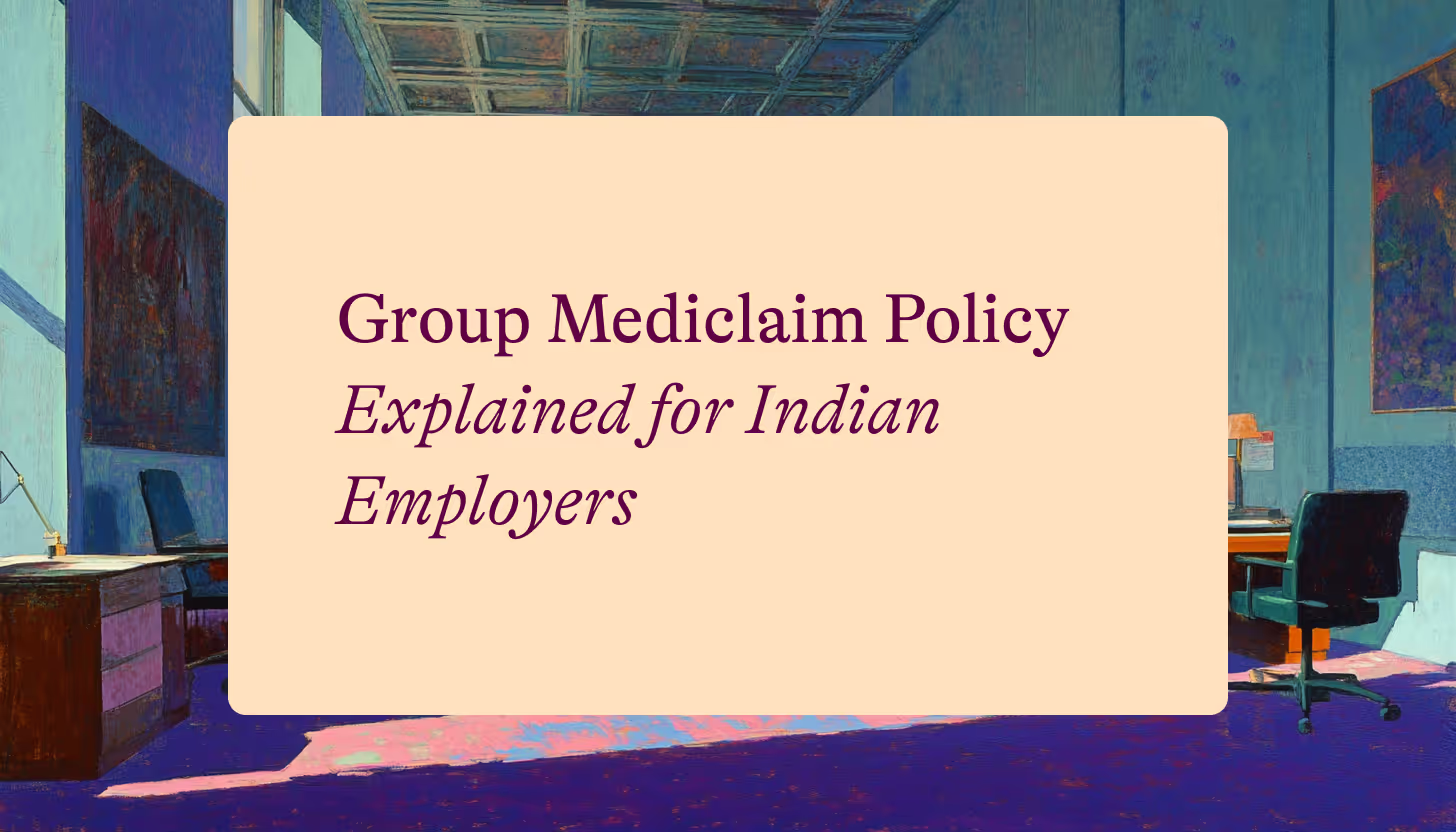Cancelling a group health insurance policy can seem daunting. Yet, it's a necessary step for many. Whether you're switching jobs, finding a better deal, or no longer need the coverage, this guide is for you. We'll walk you through the process, step by step, with clarity and simplicity.
Step by Step Process of Cancelling Your Group Health Insurance Policy:
Understand Your Policy
First, get to know your policy. Each one has its own set of rules for cancellation. Therefore, reviewing your policy document is crucial. It contains all the details you need.
Talk to Your HR Department
Your HR department is your first point of contact. They can guide you through the company's specific process. And, they'll let you know if any paperwork is needed from your end.
Check the Notice Period
Most policies require a notice period. This could be 30 days or more. Make sure you're aware of this. It helps avoid any last-minute rush.
Fill Out the Required Forms
Your company will provide the necessary forms. Fill them out accurately. This step is crucial for a smooth cancellation process.
Ask About the Continuation of Benefits
In some cases, you can continue your coverage for a limited time. This is known as portability. Ask your HR if this applies to your policy.
Get Confirmation in Writing
Once everything is submitted, ask for a confirmation. This should be in writing. It's your proof that the policy has been cancelled.
Consider Your Next Steps
Now, think about your health insurance needs. If you're moving to a new job, check their policy. Or, you might want to look into individual health insurance plans.
Stay Informed
Laws and policies change. Therefore, staying informed is important. It ensures you're always making the best decision for your health coverage.
We're Here to Help
Cancelling your group health insurance policy doesn't have to be complicated. With the right information and a bit of planning, you can navigate the process with ease. Remember, understanding your policy, communicating with your HR, and staying informed are key.
Share Your Thoughts
Have you cancelled a group health insurance policy before? What was your experience like? Share your stories in the comments. Your insights could help others in their journey.
Keep the Conversation Going
Found this guide helpful? Share it with friends or colleagues.
The more we share, the easier it becomes for everyone to manage their health insurance needs.
Remember, insurance is a complex field. But with the right approach, it becomes manageable.
We hope this guide has made the process clearer and less intimidating. Stay healthy, stay informed, and take charge of your insurance needs with confidence.
Frequently Asked Questions
Q. What are the financial implications of cancelling a group health insurance policy?
A. Cancelling a group health insurance policy in India may lead to certain financial implications. You might face penalties or fees for early termination. However, you could also receive a refund of premiums paid if you cancel mid-term. It's crucial to review your policy details for specific charges. Understanding these aspects ensures you make an informed decision, thereby avoiding unexpected costs.
Q. How does cancelling a group health insurance policy affect dependents covered under the same policy?
A. When you cancel a group health insurance policy, it directly impacts your dependents. Their coverage ceases along with yours. Therefore, it's essential to arrange alternative insurance for them in advance. This step ensures uninterrupted health coverage, safeguarding your family's health and financial well-being. Consulting with your HR department can provide options, like extending their coverage or finding new policies.
Q. Are there any alternative options to consider before cancelling a group health insurance policy?
A. Before cancelling your group health insurance, exploring alternatives is wise. One option is converting your group policy into an individual plan, retaining some benefits. Another is looking into portability, which allows you to transfer your current benefits to a new insurer without losing coverage. These options can provide continuity in your health insurance coverage, making the transition smoother. It's beneficial to discuss these possibilities with your insurance provider or HR department to choose the best path forward.
.avif)








.avif)
















